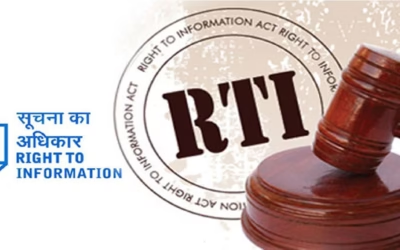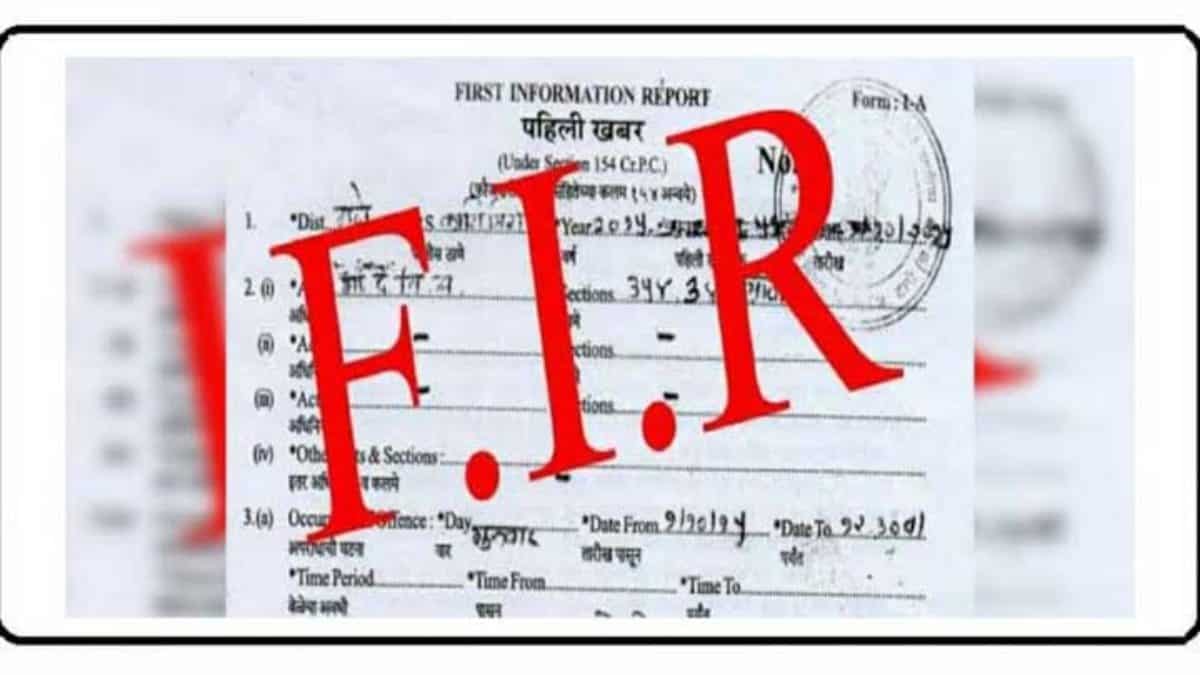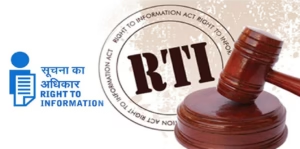
CCI Highlights Impact of Google’s Play Store Policies on App Developers Before NCLAT

CCI Criticizes Google’s Play Store Policies for Hindering App Developers
In a recent development before the National Company Law Appellate Tribunal (NCLAT), the Competition Commission of India (CCI) raised alarm over the restrictive policies imposed by Google’s Play Store on app developers. The CCI argued that these policies are creating a disproportionate advantage for Google while limiting the growth potential of Indian developers.
The CCI’s submission highlights that Google’s Play Store, being one of the dominant digital marketplaces for mobile applications, exerts significant influence over how apps are distributed. By enforcing certain policies, such as mandatory usage of Google’s payment gateway and taking a hefty commission from developers, Google is effectively creating barriers to entry for smaller players and hindering fair competition.
Key Concerns Raised by CCI:
- High Commission Fees: Google takes a commission of up to 30% on transactions made through its Play Store, which many developers claim is excessive and impacts their revenue streams. The CCI has noted that this practice could be considered anti-competitive as it limits the ability of developers to set their own pricing models or explore alternative business models.
- Forced Use of Google’s Payment System: Another contentious issue is Google’s policy requiring developers to use its own payment system for in-app transactions. This policy effectively ties developers to Google’s ecosystem and eliminates opportunities for using third-party payment services, which could offer lower transaction fees.
- Lack of Transparency: Developers have also raised concerns about the transparency of Google’s review and approval processes for apps. The lack of clear guidelines and the unpredictable nature of approvals often result in delayed launches and missed revenue opportunities.
- Barriers to Competition: According to the CCI, Google’s policies restrict market entry for new or smaller developers who may not have the financial resources to comply with such terms. This stifles innovation and discourages a competitive environment within the app development industry.
NCLAT’s Role:
The NCLAT is tasked with reviewing the findings of the CCI and will consider whether these policies violate the provisions of Indian competition law, which seeks to promote and sustain competition in markets. If the NCLAT upholds the CCI’s concerns, it could lead to significant changes in how Google operates its Play Store in India.
This case is part of a broader global debate on the control exerted by major tech companies like Google and Apple over digital marketplaces. In several countries, regulators have questioned whether these companies’ app store practices amount to monopolistic behavior and what, if any, regulatory action should be taken.
Implications for Indian App Developers:
The outcome of this case is crucial for the thriving Indian app development ecosystem, which has seen significant growth in recent years. If the CCI’s concerns are validated by the NCLAT, it could pave the way for a more equitable digital environment, where developers can thrive without being subjected to restrictive and monopolistic policies.
In conclusion, the ongoing dispute between the CCI and Google over Play Store policies underscores the need for regulatory frameworks that promote fair competition and protect the interests of developers in India’s digital economy.
































